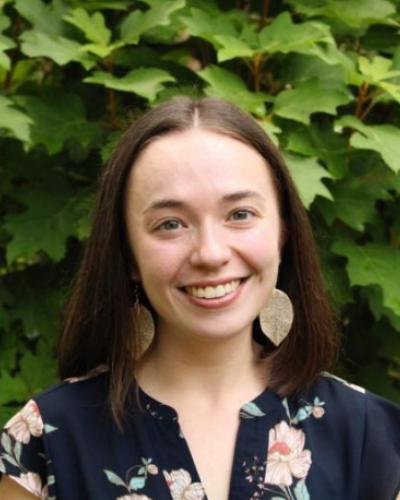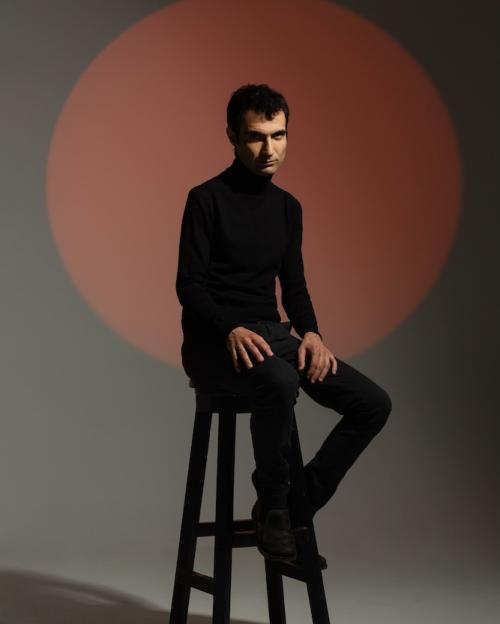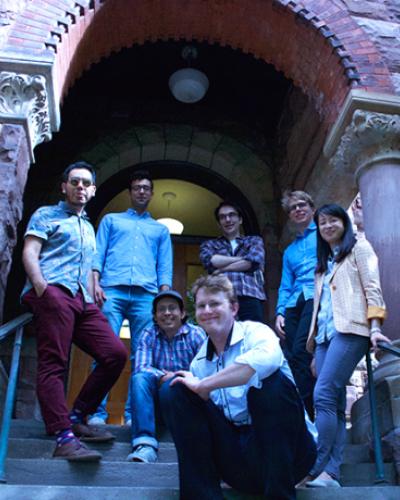Seven Ph.D. students in Musicology will present their research at the upcoming annual meetings of the Society for Ethnomusicology (SEM) and the American Musicological Society (AMS). Taking place in Denver at the end of October, the SEM meeting will include include papers by three Cornell graduate students. In “Speaking Through Noise: Punks in the Studio and the Importance of the Experiential,” Sean Peters will document the ways that two Dallas–Ft. Worth punk bands manufacture a sense of “liveness” in the otherwise sterile social space of the recording studio. In his paper, titled “‘Stand on Your Own, Rude Boy!’: Rethinking Hybridity and Belonging in Postcolonial London’s Grime Communities,” Max Williams questions the assumptions about belonging and community that inform many scholarly conversations about hybridity and instead emphasizes the fractures and alienations within the black public sphere. Finally, in “‘Ethnic’ records and global ambitions: Victor’s 1913 expedition to South America,” Sergio Ospina Romero follows the improvisations of recording scouts sent by the Victor Talking Machine Company to Latin America in 1913; tracing their local struggles and fixes, Ospina argues, will fill out our picture of the unevenness of the music industry’s global expansion. Professors Alejandro Madrid and Catherine Appert will also participate at SEM as panel chairs and discussants.
One week later, at the AMS annual meeting in Rochester, Ospina will deliver yet another paper, called “Itinerant Phonographs and the Pursuit of Musical Novelty: Recording Expeditions through Latin America during the Acoustic Era.” In this one, he documents the centrality of recording to the music industry even before the widespread adoption of electric microphones. In Mackenzie Pierce’s “Polish Music in Soviet Exile During the Second World War,” the author details the musical activities of Zofia Lissa, Poland’s leading musicological talent, during WWII, arguing for the importance of her imaginative Marxist aesthetics prior to her turn to a harder-edged Socialist Realism in 1948. In a paper titled “A Musical Statement for Diversity in the ‘Half-Asian’ Borderlands,” Dietmar Friesenegger shows how a society for musical performance helped to articulate the welter of ethnicities that called the present-day Ukrainian city of Czernowitz home. In a lecture-recital of piano works by the Russian composer Alexander Scriabin, Becky Lu offers an interdisciplinary perspective on his Russian national identity by reconsidering his music in nonmusical contexts. Finally, Carlos Ramirez will deliver a paper titled, “Keyboarding Song: the Libro de Cifra Nueva (1557) and Keyboard Pedagogy in Sixteenth-century Spain,” in which he shows how the first book of keyboard intabulations printed in Spain integrates insights from contemporaneous developments in vocal pedagogy. Professors Alejandro Madrid, Rebecca Harris-Warrick, Andrew Hicks, Annette Richards, and Travis Gosa (African Studies) will also participate in the AMS meeting in early November.
Such a bumper crop of student papers at the prestigious national conferences represents a major achievement for the Department of Music!





